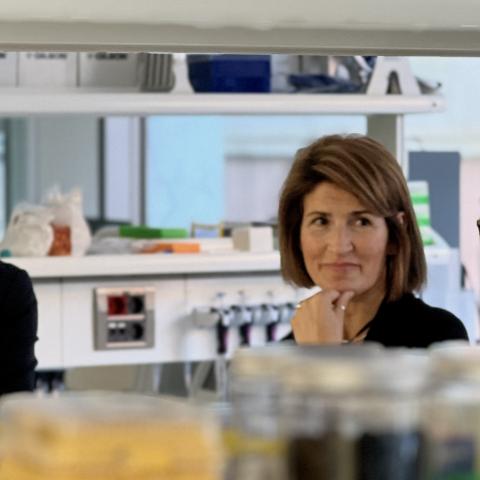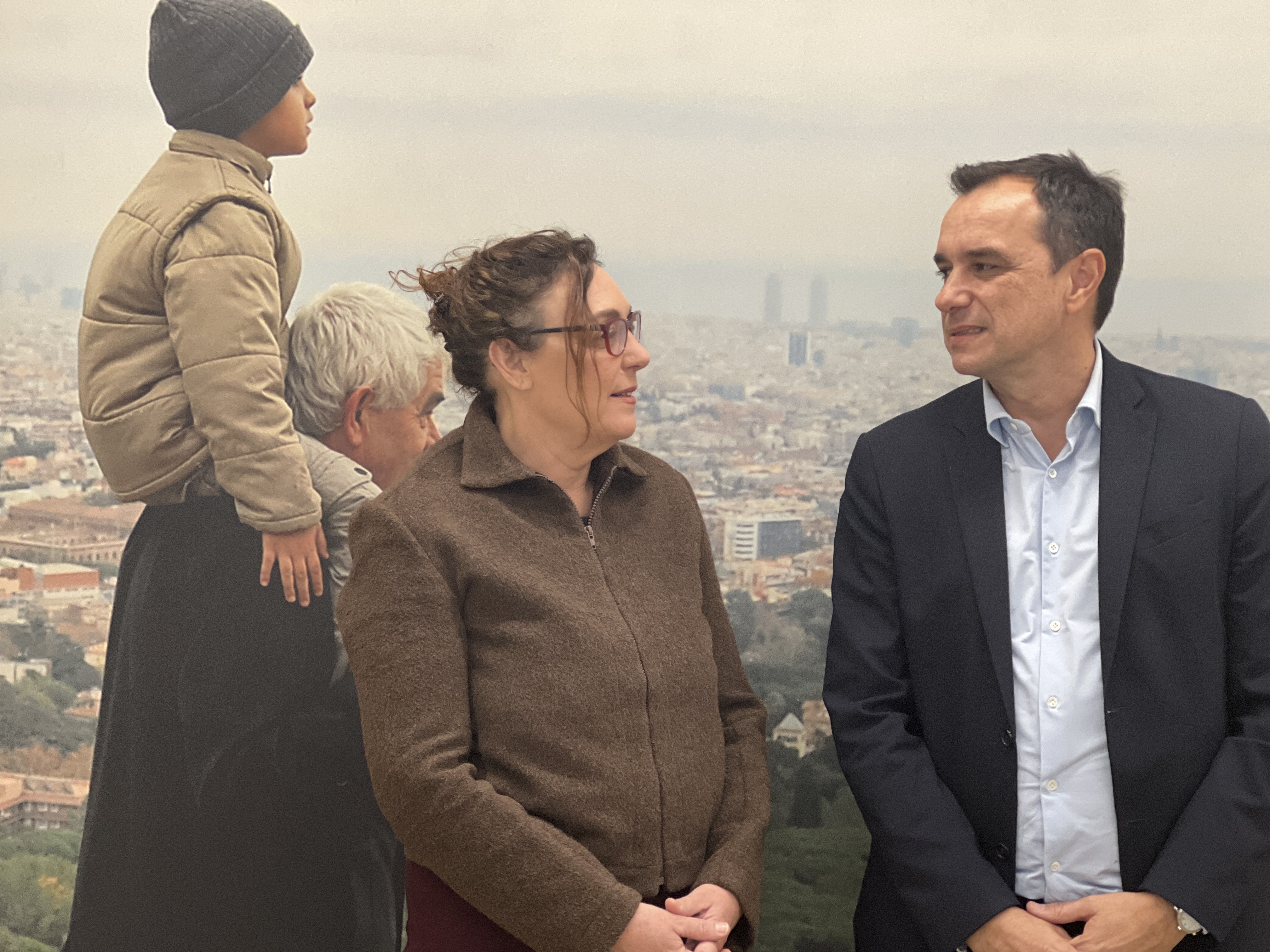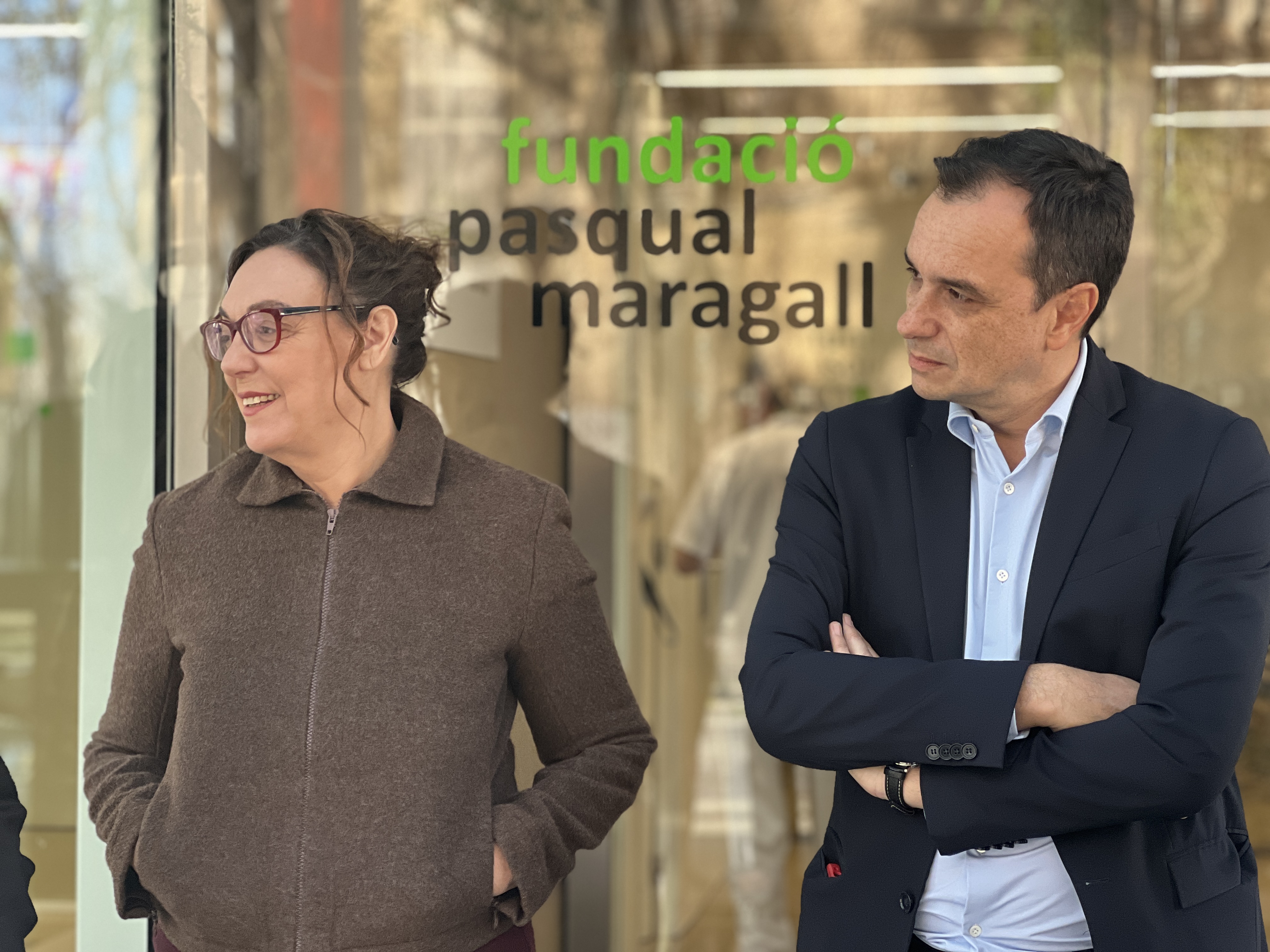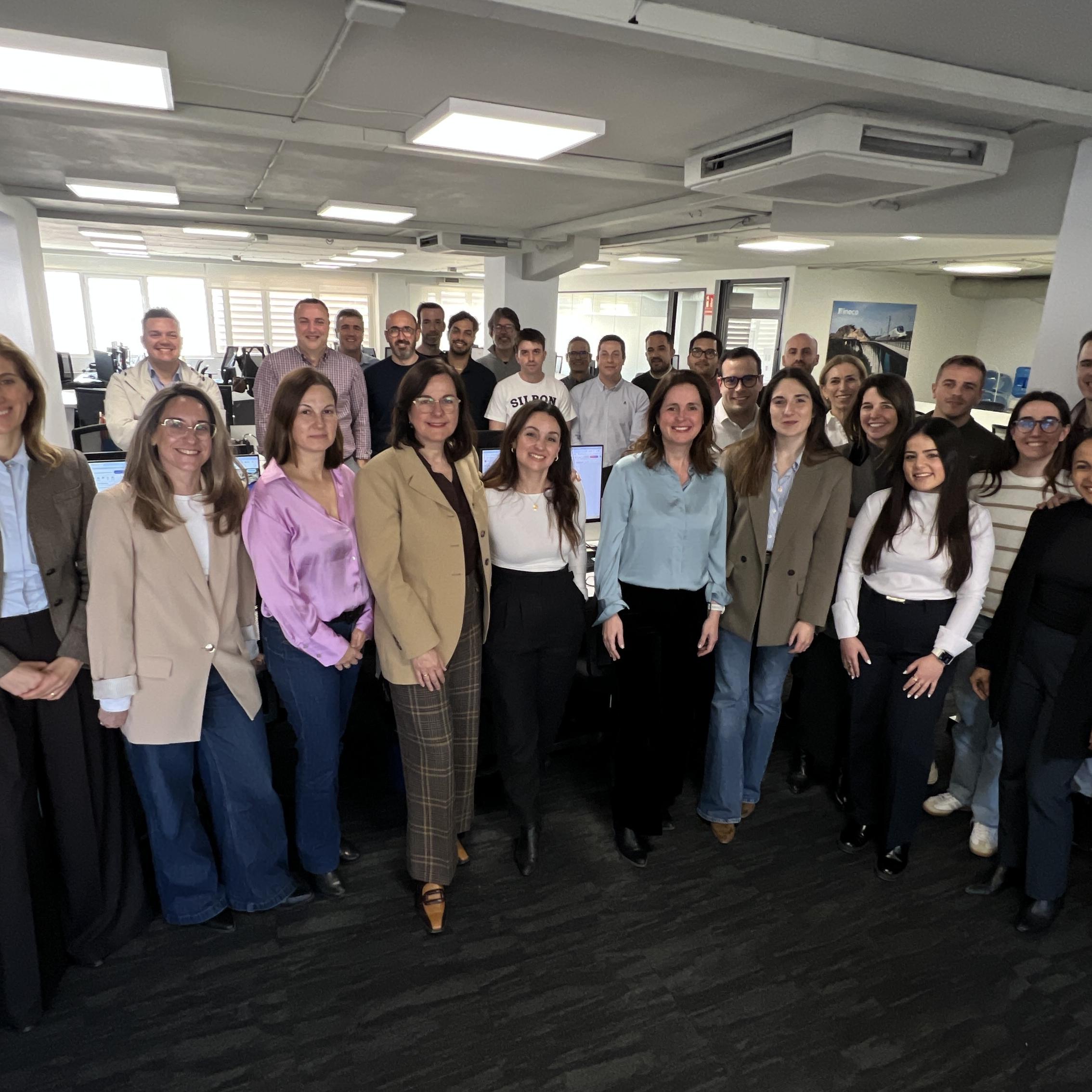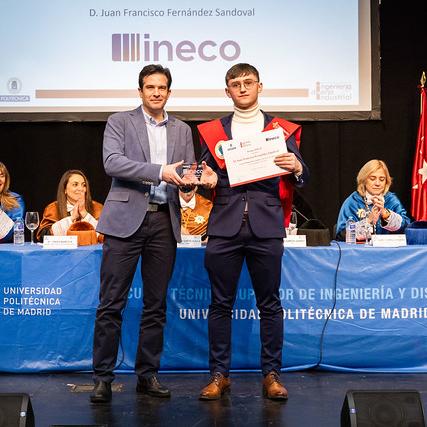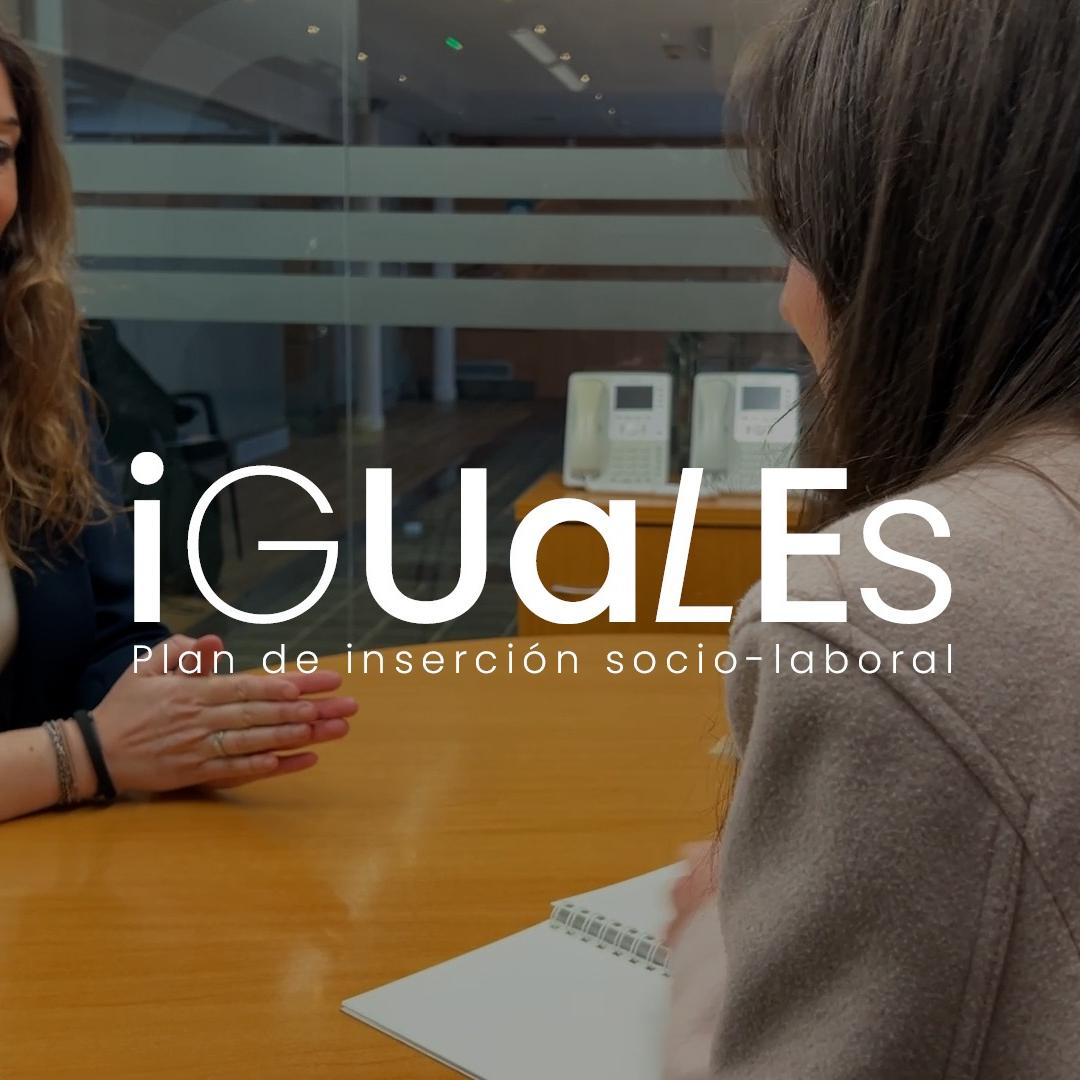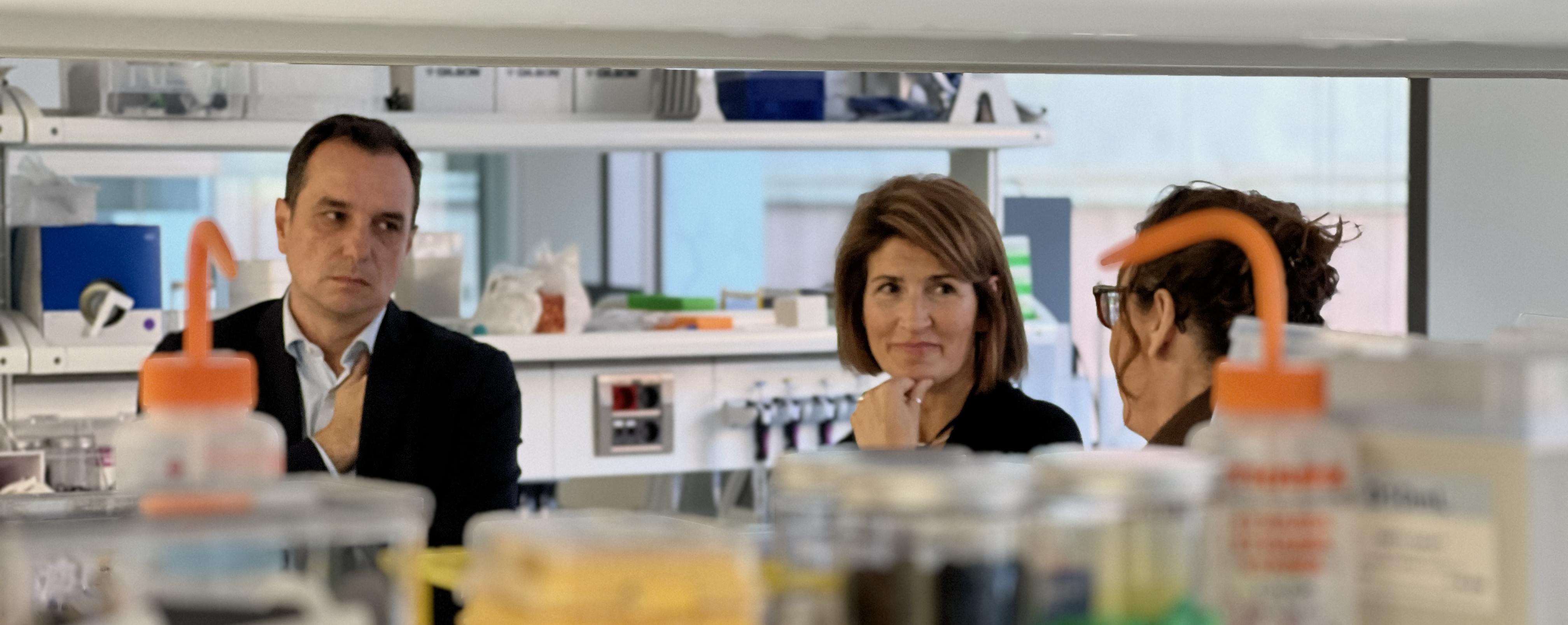
The president of Ineco visited the Beta Brain Research Centre in Barcelona.
Ineco and the Pasqual Maragall Foundation have signed a collaboration agreement between the two entities. Sergio Vázquez Torrón, president of Ineco, and Cristina Maragall, president of the Pasqual Maragall Foundation, announced this agreement during a visit to the Barcelona Beta Brain Research Center facilities.
Ineco will collaborate with the Foundation in the Beta-AARC cohort research study to identify blood biomarkers in the population with subjective cognitive decline. This study will make it possible to place the diagnosis at a stage prior to the manifestation of the first symptoms, when the brain damage is already noticeable and irreversible, and thus to propose effective preventive and therapeutic actions. On the other hand, the study aims to deepen the knowledge of the factors that influence the onset of the disease and how mental abilities and the brain are affected by other aspects, such as the symptoms of the affected person and the age in which it appears.
In addition to donating 5,000 euros to achieve this objective, Ineco is committed to helping to disseminate the activities of the Pasqual Maragall Foundation. In this regard, both entities announced a workshop on March 6th for the company's team. This session will address key strategies in Alzheimer's prevention, sharing knowledge about healthy practices and raising awareness about the importance of preserving brain health.
900,000 people in Spain are affected by dementia
In Spain, it is estimated that Alzheimer's disease and dementias affect 900,000 people, which translates into one in ten people over the age of 65 and one third of those over 85. These pathologies are one of the main causes of mortality, disability and dependence.
If no effective cure is found, and with life expectancy increasing, it is estimated that the number of cases could double in Spain in the coming decades, a fact that could lead to the collapse of health and care systems.
It is a disease with a strong impact on the family structure, since in 80% of cases, the role of the main caregiver falls on a family member, who assumes an average of 70 hours of dedication per week without having the necessary resources and support to cope with this situation. In addition to the impact on time and health, there is also a considerable associated economic impact on families and the health system.

